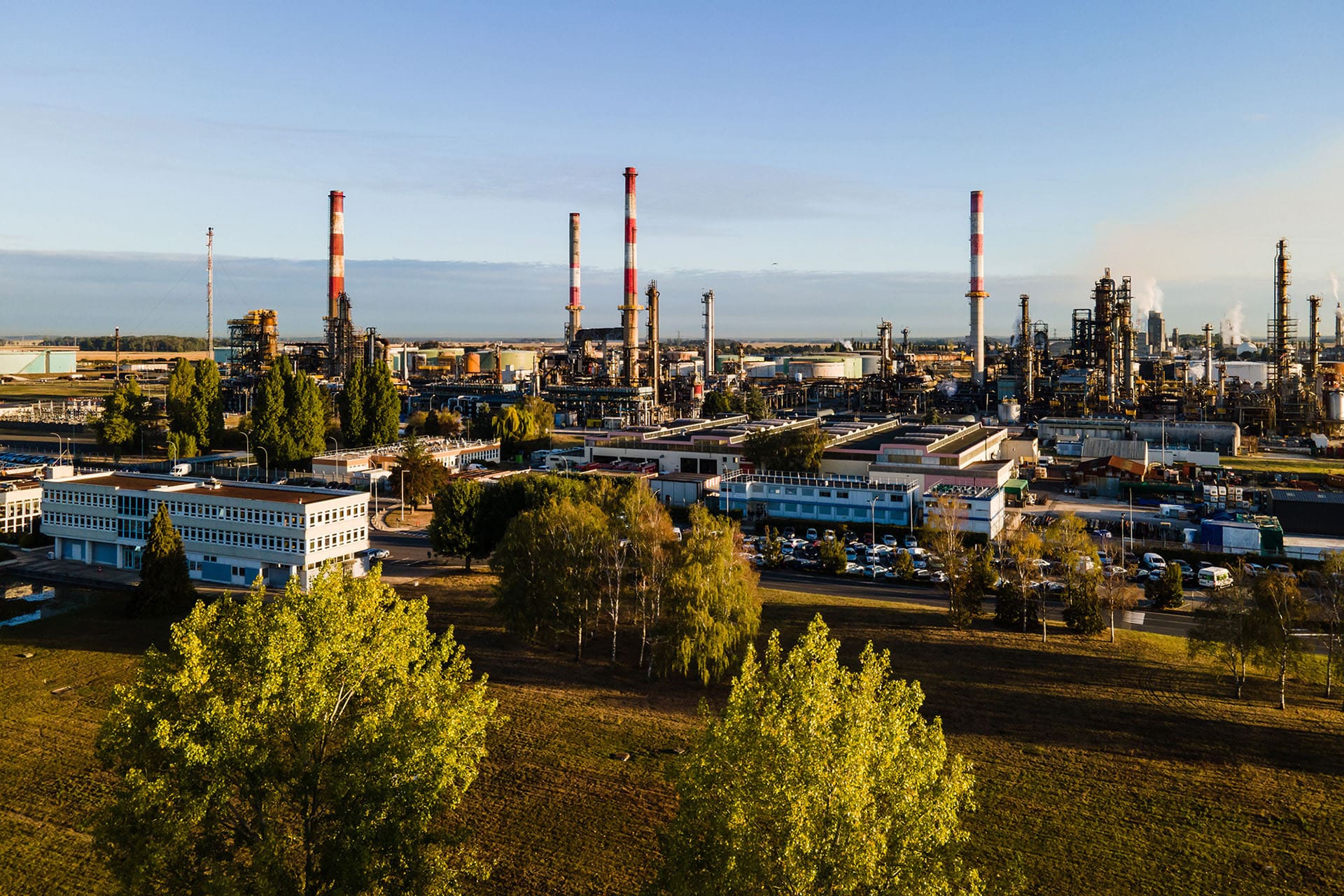
Grandpuits: transformation into a biorefinery
TotalEnergies is launching a project to transform its Grandpuits refinery into a biorefinery, by installing a production…
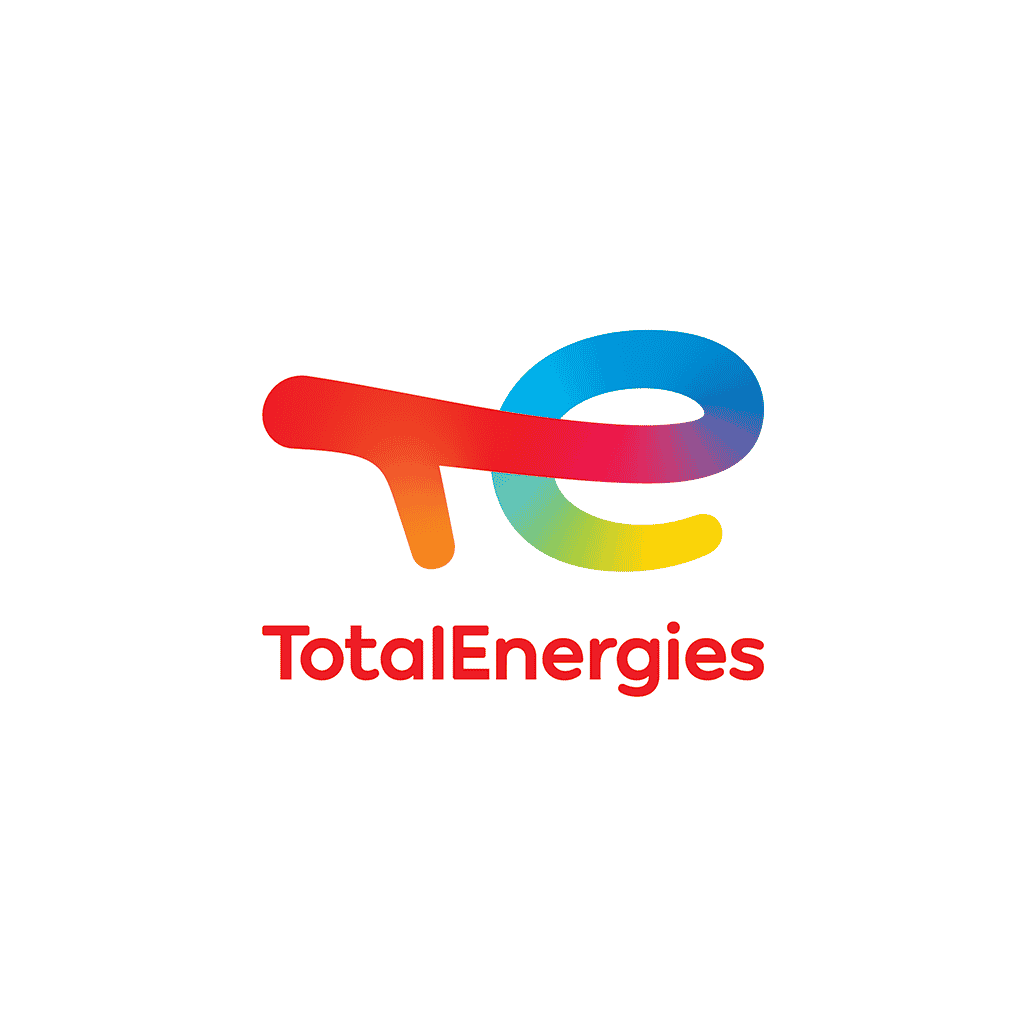
ACC designs, manufactures, and markets battery cells and modules for EV. The objective is to contribute to the energy transition, one of the main challenges of which is the decarbonization of transport, by facilitating access to environmentally friendly, sustainable electric mobility. To achieve this, ACC wants to become a European champion for EV batteries, with a presence on all the segments of the value chain, and to make EV more affordable – the battery effectively represents around 40% of the total cost of an EV. ACC intends to work toward a more virtuous mobility owing to its procurement policy, the eco-design and recycling of its products, and the sustainable management of its factories as part of a long-term perspective. The price drop will be achieved thanks to the efforts of the ACC center’s R&D teams in Nersac and by reducing the additional logistics costs of current batteries, essentially produced in Asia.
on which the project has a significant impact
Avoided Emissions : Heat engine vehicles replaced by electric vehicles fitted with electric batteries made in Europe.
Quantities : Gradual growth between end 2023 and 2030 from 3-4 MtCO2eq/yr to 30-40 MtCO2eq/yr.
The avoided emissions calculation is based on the factors – throughout the lifecycle – taken from the study “Quelle contribution du véhicule électrique à la transition écologique en France” (The contribution of electric vehicles to the ecological transition in France) carried out by the Fondation pour la Nature et l’Homme (Foundation for Nature and Humankind) and the European Climate Foundation in December 2017.
At the end of 2023, with the start-up of the first unit of the first gigafactory, ACC will have the production capacity to equip around 280,000 EV/year.
In 2030, when the three gigafactories are working at full capacity (3 x 3 units), 2.5 million EV per year will be able to be fitted out.
Between these two dates, the different units will be gradually brought into service and each one will help avoid 3 to 4 MtCO2eq/year.
The calculation for 2030 is as follows:
Situation before the project | Situation after the project |
2.5 million heat engine vehicles sold each year. Emissions (lifecycle) of a heat engine vehicle in 2030 (taking into account recycling credits): 19.6 (city car) to 30.9 (sedan) tCO2eq. Emissions (lifecycle) of the 2.5 million heat engine vehicles sold each year in 2030: 49 to 77 million tCO2eq per year. | 2.5 million electric vehicles sold each year. Emissions (lifecycle) of an electric vehicle in 2030 (taking into account recycling credits): 8.1 (city car) to 13.9 (sedan) tCO2eq. Emissions (lifecycle) of the 2.5 million electric vehicles sold each year in 2030: 20 to 35 million tCO2eq per year. |
> €7 B
Mid-2020 (creation date of the joint venture, ACC).
These factories will be located in France, Germany, and Italy.
This project contributes to the following SDG:
SDG 4 – Ensure inclusive and equitable quality education and promote lifelong learning opportunities for all.
By helping to create a new industry in Europe, and particularly initial and continuous training courses for working in the battery sector, the ACC project contributes to target 4.4 among others. Skills and access to employment, where the aim is to substantially increase the number of young people and adults who have relevant competencies, including technical and vocational skills, for employment, decent jobs and entrepreneurship.
SDG 5 – Achieve gender equality and empower all women and girls
ACC wants to make it easier for girls and women to access its professions and have an employment rate for women higher than the average of the industry.
SDG 9 – Build resilient infrastructure, promote inclusive and sustainable industrialization and foster innovation
The ACC project contributes in particular to targets 9.2. Inclusive and sustainable industrialization, 9.4. Upgrade infrastructure and retrofit industries, and 9.5. Innovation, research and development. The ACC relies on substantial R&D efforts undertaken in two facilities: a center of expertise near Bordeaux and a pilot factory near Angoulême, where our engineers and researchers are working on the next four generations of batteries. ACC has also signed research agreements with various institutes, laboratories, and higher education institutions as part of the IPCEI. The company has committed to funding five PhDs each year, attending at least 50 conferences between 2020 and 2025, and publishing articles to share the results of our R&D not protected by intellectual property. Lastly, ACC contributes to reindustrialization by building new factories in France, Germany, and Italy. These factories are located on former industrial sites, which are finding new value in the conversion to an industry of the future while being part of the energy transition.
SDG 12 – Ensure sustainable consumption and production patterns
The ACC project contributes to developing electric mobility and to creating a European battery industry governed by extremely high environmental, social, and ethical criteria as regards procuring raw materials and manufacturing batteries in Europe.
SDG 13 – Take urgent action to combat climate change and its impacts
ACC was created as part of a European ambition to decarbonize the transport sector by developing an electric vehicle battery industry in Europe.
The aim of the ACC project is to have the smallest possible carbon footprint and to constantly optimize it – in terms of both the products and the manufacturing processes – by continuing to perform R&D work for the next generations of batteries
Three gigafactories are planned as part of this project.
Electric vehicles will be increasingly used worldwide, even if the rate of deployment varies from one region to the next. In all areas where this sector is booming, it will be possible to develop local production centers for electric vehicles.
Three gigafactories are planned as part of this project.
Electric vehicles will be increasingly used worldwide, even if the rate of deployment varies from one region to the next. In all areas where this sector is booming, it will be possible to develop local production centers for electric vehicles.
matthieu.hubert@acc-emotion.com

TotalEnergies is launching a project to transform its Grandpuits refinery into a biorefinery, by installing a production…

In collaboration with Equinor and Shell, TotalEnergies is developing a project in Norway to transport and store CO2 in underground geological formations located off the Norwegian coast.
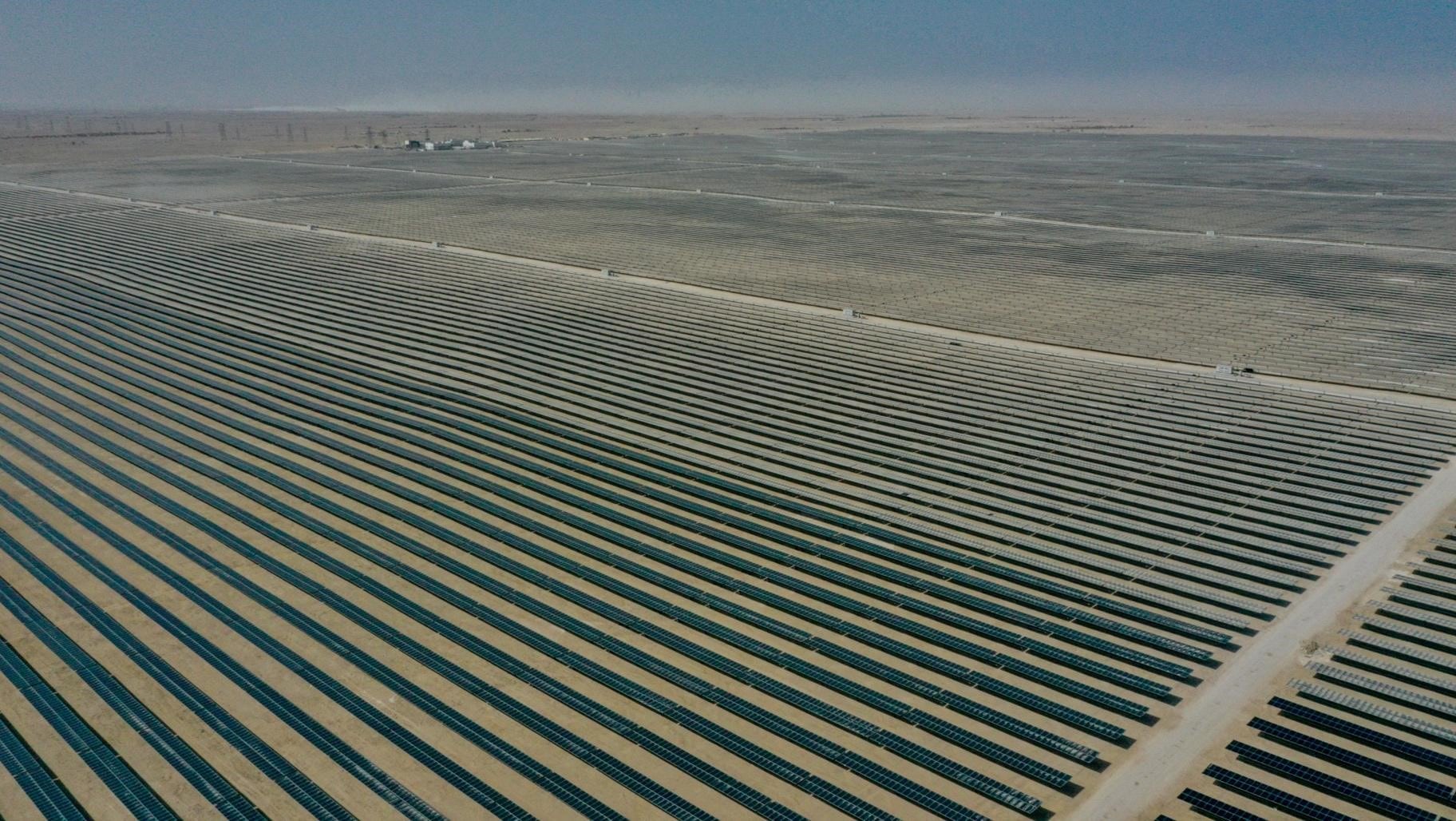
Al Kharsaah is the first utility-scale solar power plant in Qatar and will help reduce Qatar’s CO2 emissions while meeting its increasing electricity demand …
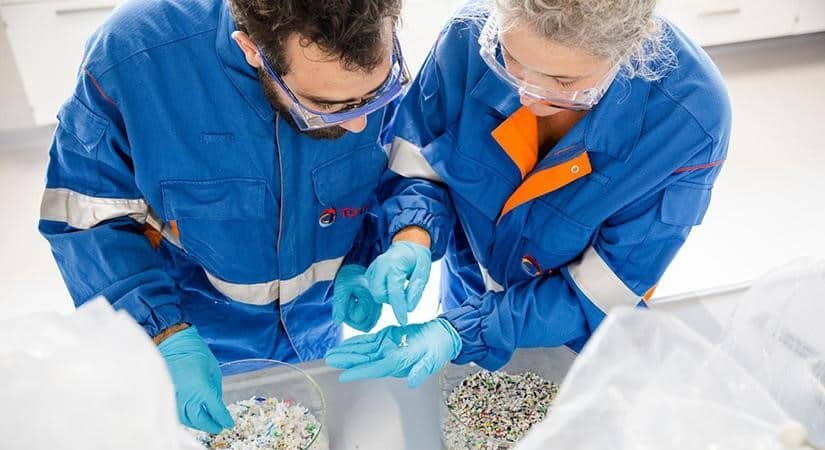
Lanzatech, TotalEnergies and L’Oréal have developed an innovative solution to reduce the carbon footprint of Polyethylene (PE). They have achieved a world first in..
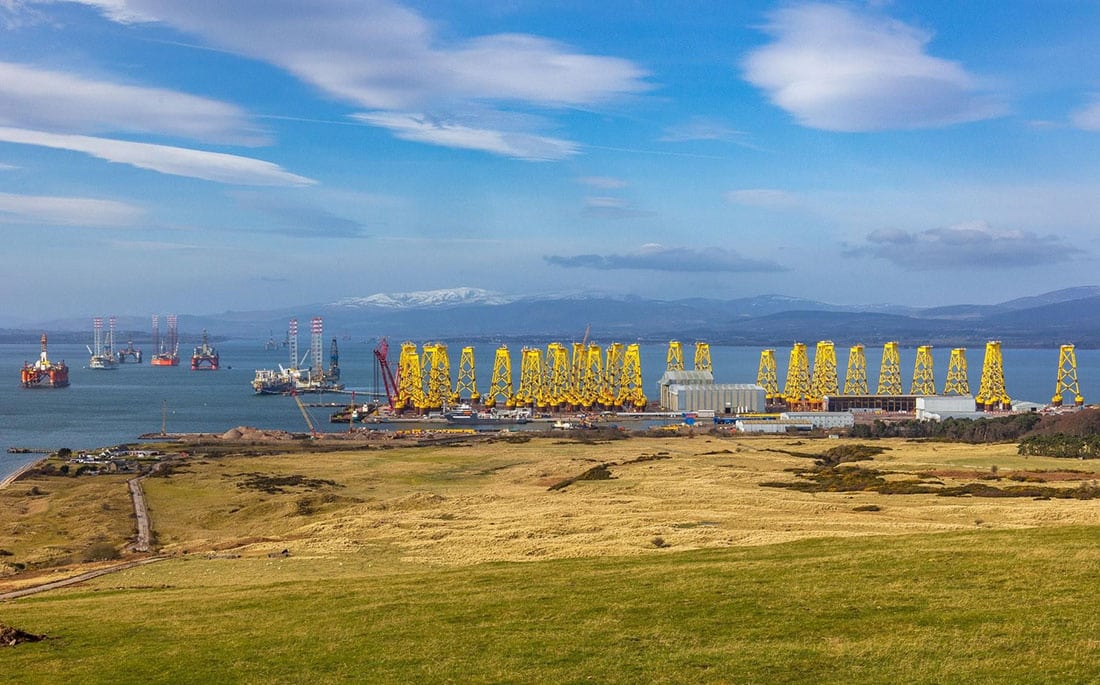
The Seagreen Offshore Wind Farm project aims at generating green electricity from wind energy. Seagreen will be Scotland’s largest …
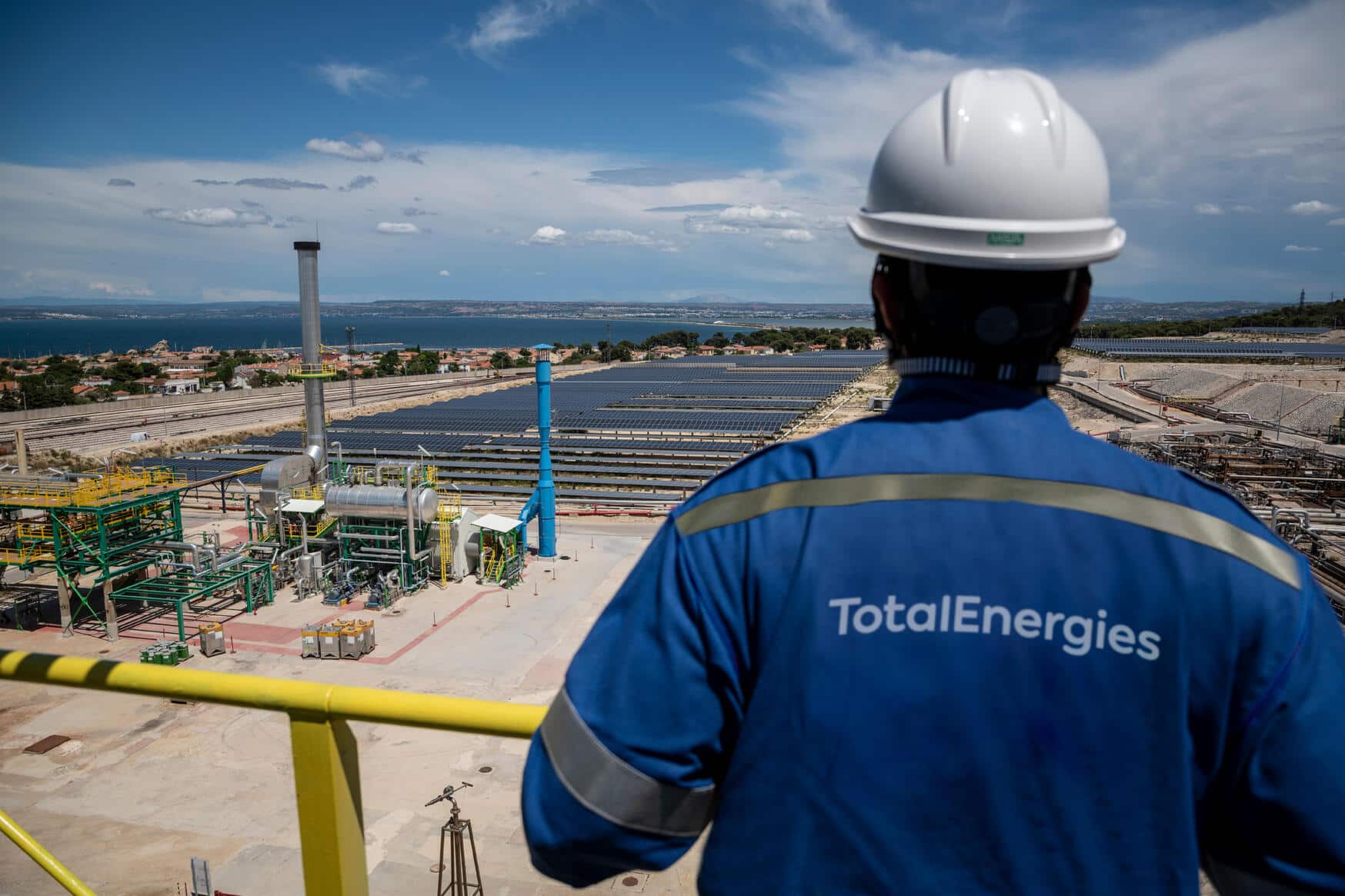
The Masshylia project aims to produce green hydrogen from solar photovoltaic energy to initially supply the TotalEnergies biorefinery in La Mède. This is the first large-scale…

A large-scale afforestation operation has been kicked off by TotalEnergies on the Batéké Plateau in partnership with the Republic …